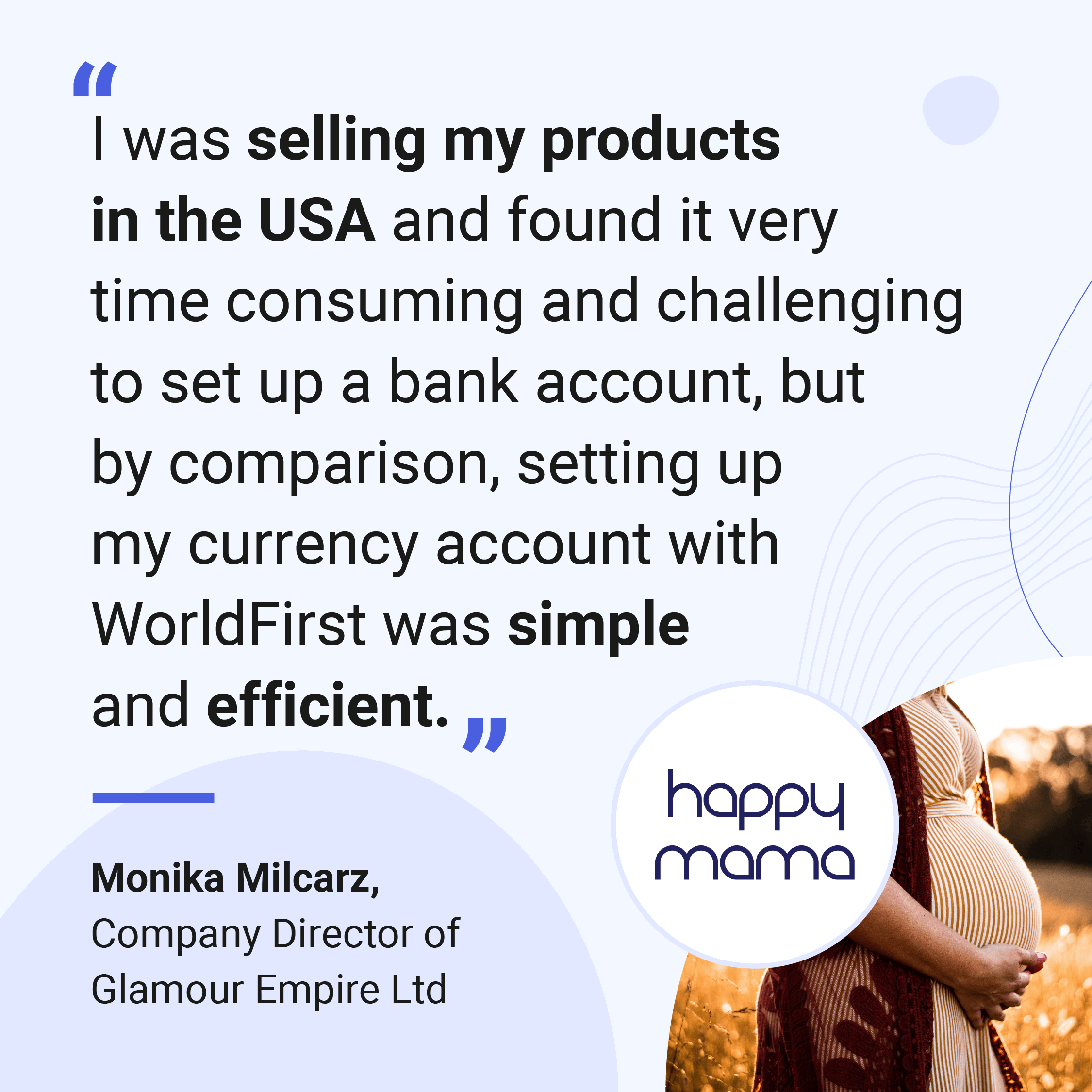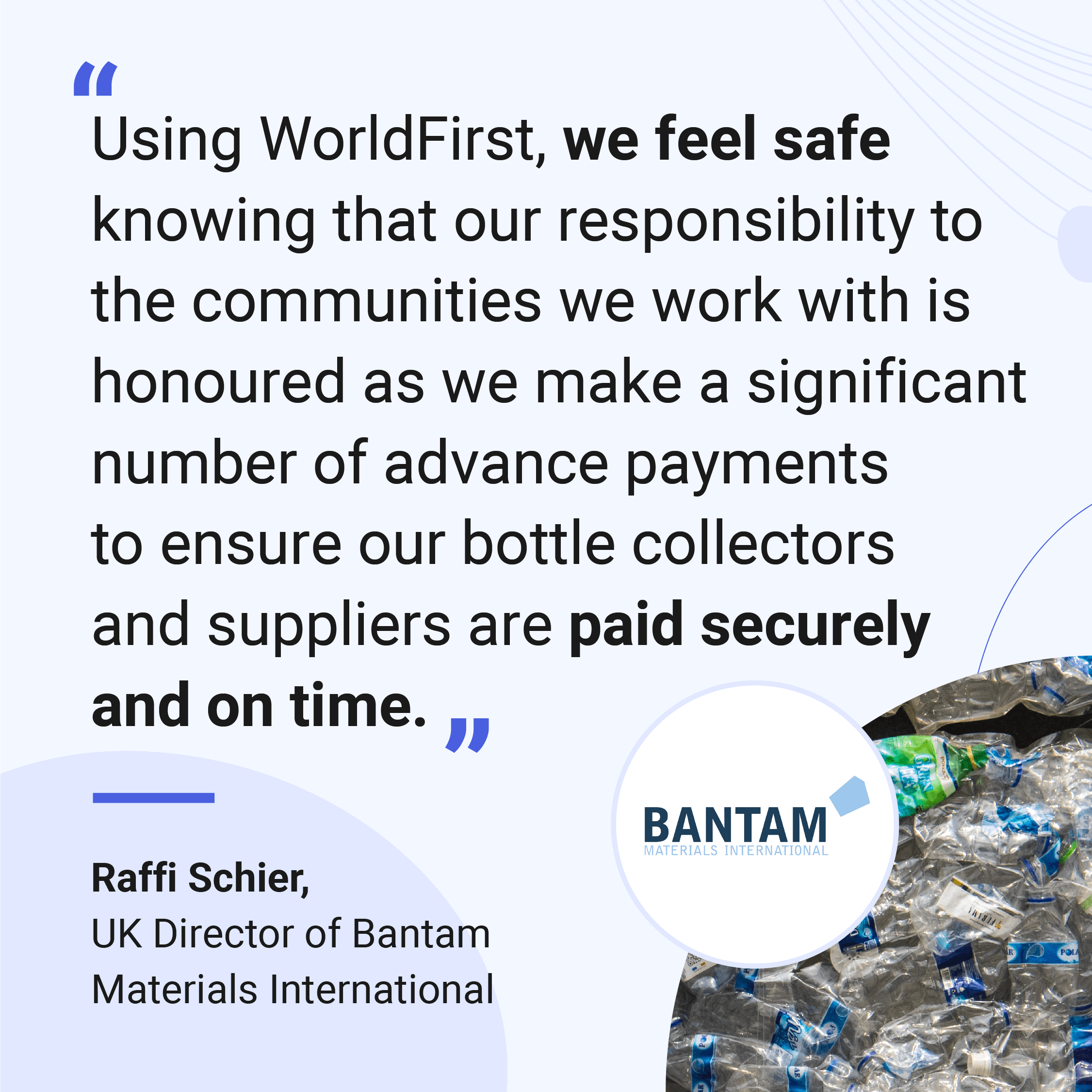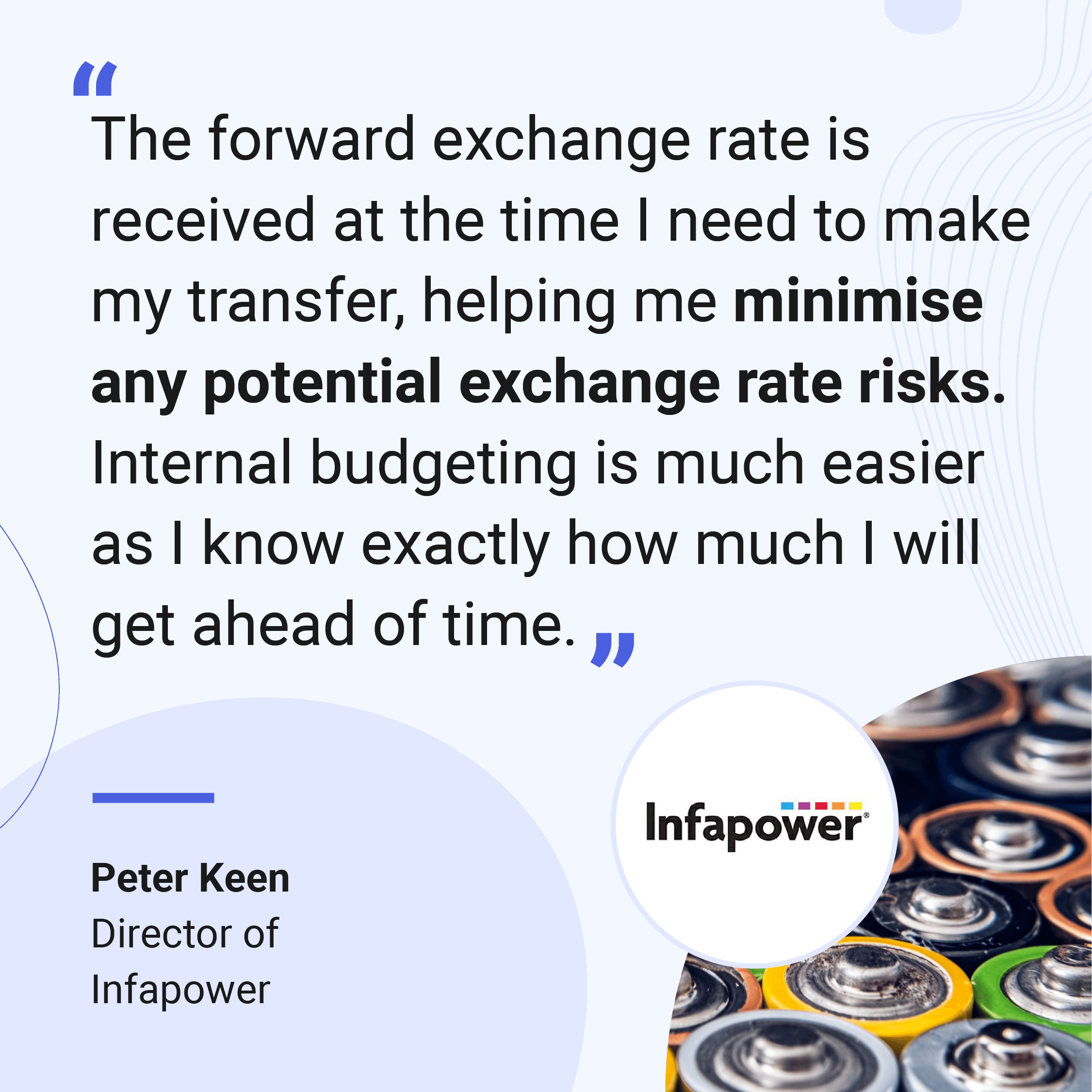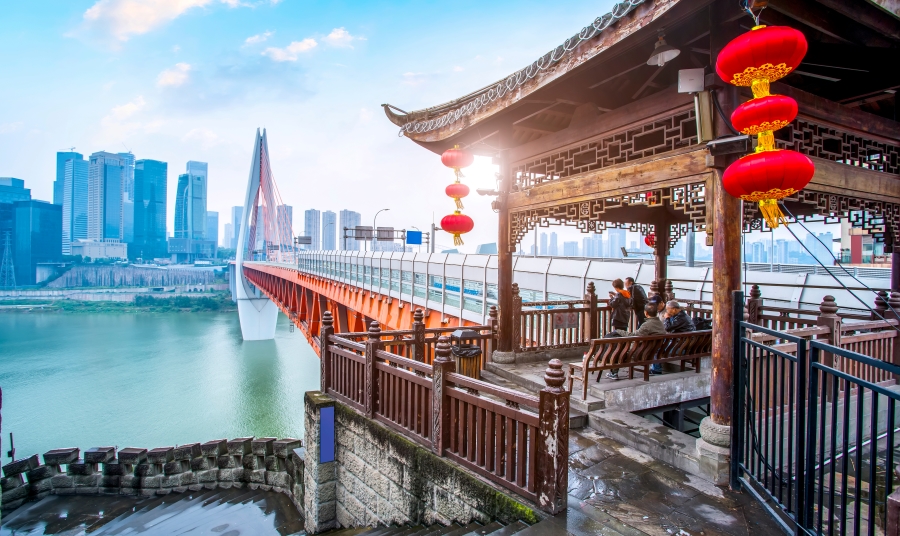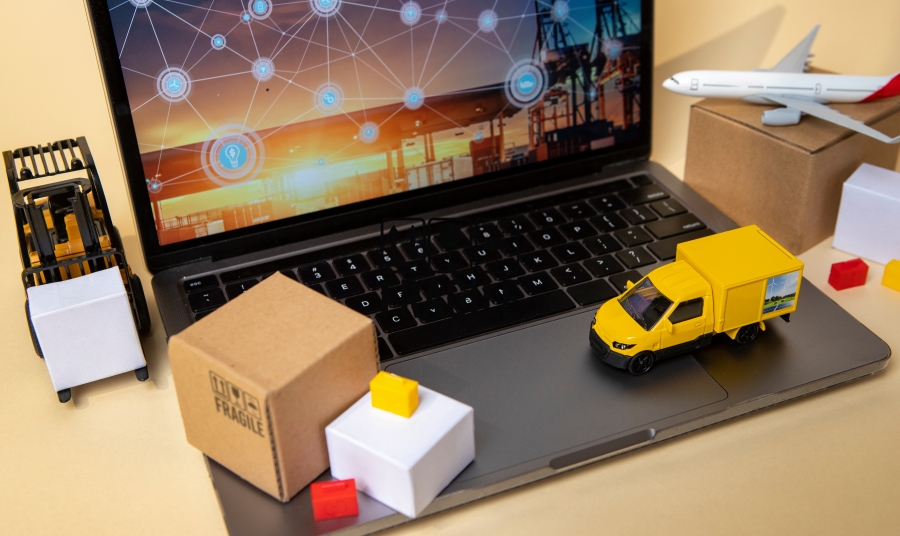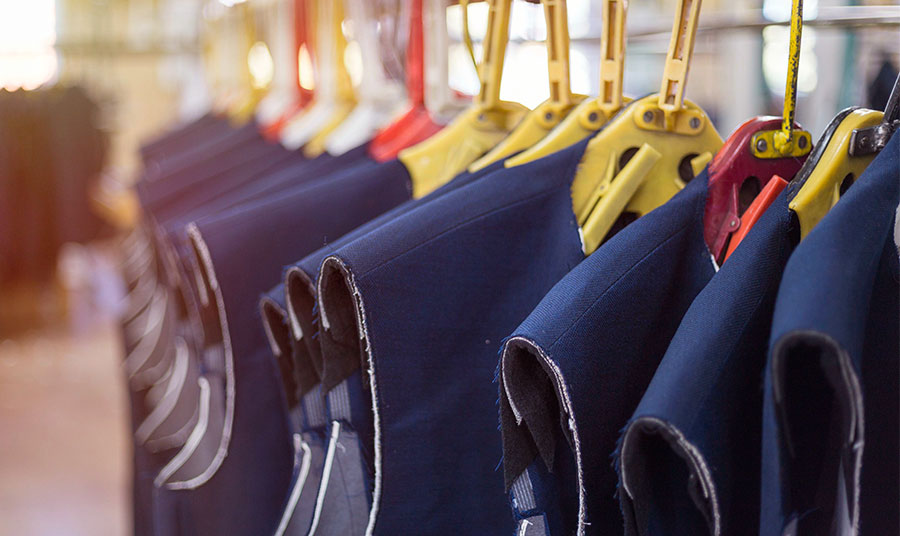
Alibaba is one of the top online marketplaces on the planet, and it represents one of the best-value sourcing options for wholesale products. If you want to work directly with Chinese suppliers, Alibaba is arguably the place to make connections. How do you go about finding manufacturers on Alibaba, though — and how are you protected if things don’t go to plan?
We’ll answer those questions, and others, in this comprehensive guide to working with Chinese manufacturers. We’ll begin with a quick definition of Alibaba, and then we’ll show you how to find a supplier on Alibaba. We’ll also share tips for success, talk about Alibaba Trade Assurance, pinpoint a few common pitfalls and cover payments in Chinese renminbi.
What is Alibaba?
Alibaba Group Holding Limited runs one of the largest online retail operations in the world. Buyers outside China connect with manufacturers and resellers on the Chinese mainland — and elsewhere — via its flagship B2B website, Alibaba.com. Inside China, trading companies and factory owners sell wholesale wares to Chinese business consumers on 1688.com.
Alibaba’s online presence doesn’t stop there. Chinese SMEs and entrepreneurs connect with individual consumers using the corporation’s Taobao and Tmall platforms. Finally, international retail consumers buy products from Chinese manufacturers and trading companies via AliExpress.
If you need a large number of wholesale products and you’re located outside mainland China, you’ll probably use Alibaba.com. If you plan to dropship, you can use AliExpress instead — but we’ll save that subject for another article.
You can find two main types of business on Alibaba.com:
- Manufacturers: Factories actually create the goods they sell. They source raw materials, manufacture custom products and produce private label goods.
- Trading companies: Trading companies and wholesalers resell products they don’t make. They’re middlemen who help manufacturers list, market and export goods.
When you work with a manufacturer directly, you’ll pay less for the products you order, but the range of items available might be smaller because factories tend to specialise in a niche. If you want to customise an existing product — or if you need to order a production run based on a unique prototype — it can be better to work with a manufacturer than a trading company.
If you decide to work with a trading company, you’ll pay a markup on the products you purchase. In return, you’ll gain access to a large catalogue of items — and if you want something that isn’t in the catalogue, your trading company contact can probably source it for you.
Communicating with suppliers on Alibaba
Some marketplace sellers worry about the language barrier when working with Chinese manufacturers. Learning a new language can be challenging — and this is where Alibaba really shines. Product listings on the site are machine-translated into more than 20 different languages, and Alibaba also has a crowdsourcing platform for human translation.
Alibaba Language Services extend to the platform’s messaging system, too. Suppliers and buyers need to be able to communicate with each other — both before and after orders go into production. Private messages on Alibaba get translated automatically, so you can ask questions and provide instructions in a completely natural way. You can also access Alibaba’s translation engine on the Alibaba Translate site.
Finding manufacturers on Alibaba
If you’ve never visited Alibaba.com before, it’s worth taking a little time to explore — and get familiar with — the site. Like other ecommerce platforms, Alibaba.com is split into categories, called ‘markets’. Header menu items on the first page that reveal the site’s B2B status include ‘Ready to Ship’, ‘Trade Shows’ and ‘Buyer Central’.
1. Search for products
The easiest way to find products on Alibaba.com is to use the search bar at the top of the homepage. First, make sure that the drop-down menu on the left-hand-side is set to ‘products’ rather than ‘suppliers’, and then type your keywords into the input field. You can filter the results by category, supplier type, product type, minimum order number, price, supplier country and more.
Drilling down into individual products, you’ll notice that prices depend on the number of items you order. Some products have minimum order quantities, while others don’t, or are even available singly. Shipping costs and manufacturing times appear on the top right of the screen, and you can view information about the supplier — including Trade Assurance status — on the same page.
2. Choose a supplier type
At this stage, it’s sensible to choose a supplier type. If you want to create a product from scratch, you can work with a private label company, an original equipment manufacturer (OEM) or an original design manufacturer (ODM). You can also rebrand white label products and sell them on.
If you work directly with a factory, you’ll save money, but you’ll be restricted to that manufacturer’s product range. If you work with a reseller or a trading company, you’ll gain access to a much more extensive catalogue — but you’ll pay a middleman premium and you probably won’t be able to make custom adjustments.
One of the easiest ways to distinguish between a factory and a trading company on Alibaba.com is to have a look at the range of products available from a potential supplier. If you see lip gloss, garden tools and cleaning products in the same catalogue, you’re probably looking at a trading company. If you see a range of extruded plastic components and nothing else, you’re most likely dealing with a manufacturer.
3. Filter by supplier characteristics
This step is quick and simple, but vital. Filtering by supplier characteristics can greatly reduce the chances of ending up with a product that doesn’t meet your needs. Before moving to the assessment step, filter out all of your prospects except those who are Gold Suppliers, Assessed Suppliers, and registered with the Trade Assurance scheme.
You can narrow down your list of suppliers by submitting a request for quote (RFQ), too. Simply fill out Alibaba.com’s RFQ form and request responses from specific supplier types with particular product and business certifications.
4. Assess potential suppliers
Choosing the right supplier on Alibaba.com requires more than applying filters. Keep the following questions in mind as you scrutinise your list of potential business partners:
- How long has the supplier been trading? Companies with longer transaction histories can be more reliable than newer suppliers.
- Where is the supplier located? Factories in specific regions of China are famous for specialising in certain product categories. The city of Shenzhen, for instance, is a well-known electronics production hub.
- Do they have production certificates? Look for companies with BSCI, ISO, WRAP and other manufacturing certificates.
- Do they have audit reports to hand? If the supplier claims to have a contract with a large company, ask to see any audits associated with that contract.
- Have they undergone a supplier assessment? Some suppliers go through third-party inspection checks. If possible, choose an independently assessed manufacturer.
5. Assess samples
If you’ve chosen a supplier, or you have a supplier shortlist, the next step is to request a product sample. Many suppliers will provide samples for free — especially if they think you might be a big spender; others request a reasonable payment to cover production or shipping costs. Because they’re smaller orders, samples are usually sent via regular post.
6. Go to production
If you’re happy with your sample quality, you can move on to the production stage. Most marketplace sellers initially go with short production runs to assess quality before making larger orders. In general, bigger orders take longer to produce — and because they’re usually sent via container ship, they can take weeks or months to arrive in the UK. With that in mind, it’s important to place orders well in advance for seasonal shopping events.
Alibaba Trade Assurance
China is a long, long way away: travelling to the country regularly is both expensive and time consuming. What if the products you receive do not meet your expectations? What if they never turn up? How long will it take to receive replacements — and can you get your money back?
When you work with select trading companies and manufacturers on Alibaba.com, you’re protected by Trade Assurance. In a nutshell, Alibaba Trade Assurance guarantees that the products you order will meet predefined quality standards, and that they’ll ship on time. If your suppliers don’t fulfil their obligations, Alibaba will help you liaise with them — and if you can’t reach a satisfactory outcome, you can get a refund.
To take advantage of Alibaba Trade Assurance, make sure the suppliers you work with are registered with the Trade Assurance scheme. Trade Assurance suppliers have little yellow symbols with dollar signs in the middle of them next to their company names. Pay for your purchase via Alibaba’s secure payment gateway, and if you have trouble with your order, let Alibaba know within 30 days of receipt.
Avoiding pitfalls
Many suppliers on Alibaba.com are perfectly reputable: they’re there to make new connections and build lasting relationships with clients — clients like you, for instance.
Whilst they’re considered reputable, as with any marketplace you’re considering, it’s important to do your research. Here are five five red flag situations to avoid (a rule that would apply to dealings on any marketplace):
- The seller suggests you go off platform: Buyers who trade with sellers on Alibaba.com are protected by the site’s integrated Trade Assurance scheme. As soon as you start trading outside the Alibaba platform, you lose that protection. If you receive poor-quality products — or no products at all — after making an off-platform payment, you probably won’t get your money back.
- Product prices seem too low: Products on Alibaba.com offer competitive prices, but if you see items on sale for a lot less than usual, be skeptical.
- The supplier sells branded products: The vast majority of items on Alibaba are unbranded. There are very few licensed resellers on Alibaba, so — with the exception of Chinese brands — branded products sold on the site are likely to be fake.
- They refuse to provide a sample: If your private label manufacturer or supplier refuses to supply a sample — either free, or for a reasonable price — consider working with a different company.
Getting paid on Alibaba with Worldfirst
Imports and exports are a big deal. When you partner with — and source products from — a supplier on Alibaba.com, you become an importer. All of a sudden, you need to pay manufacturers in Chinese renminbi rather than British pounds.
Paying suppliers in the Chinese mainland in Chinese renminbi used to be a complicated two-step process. Many transfers took days to arrive, and marketplace sellers in the UK had to pay sizable currency conversion and transaction fees along the way. Third-party providers were slightly cheaper, but many services were aimed at consumers, rather than SMEs.
Open a World Account for free
- Open up to 15 local currency accounts, with local sort codes, account numbers and IBANs
- Collect secure payments from 130+ marketplaces, overseas buyers and payment processing gateways
- Pay suppliers, partners and staff in 40 currencies without hidden fees
- Pay and get paid easily with local bank details on your invoices
- Lock in conversion rates to manage your currency risk

Businesses like yours trust WorldFirst
- Almost 1,000,000 businesses have sent $150B around the world with WorldFirst and its partner brands since 2004
- Your money is safeguarded with leading financial institutions
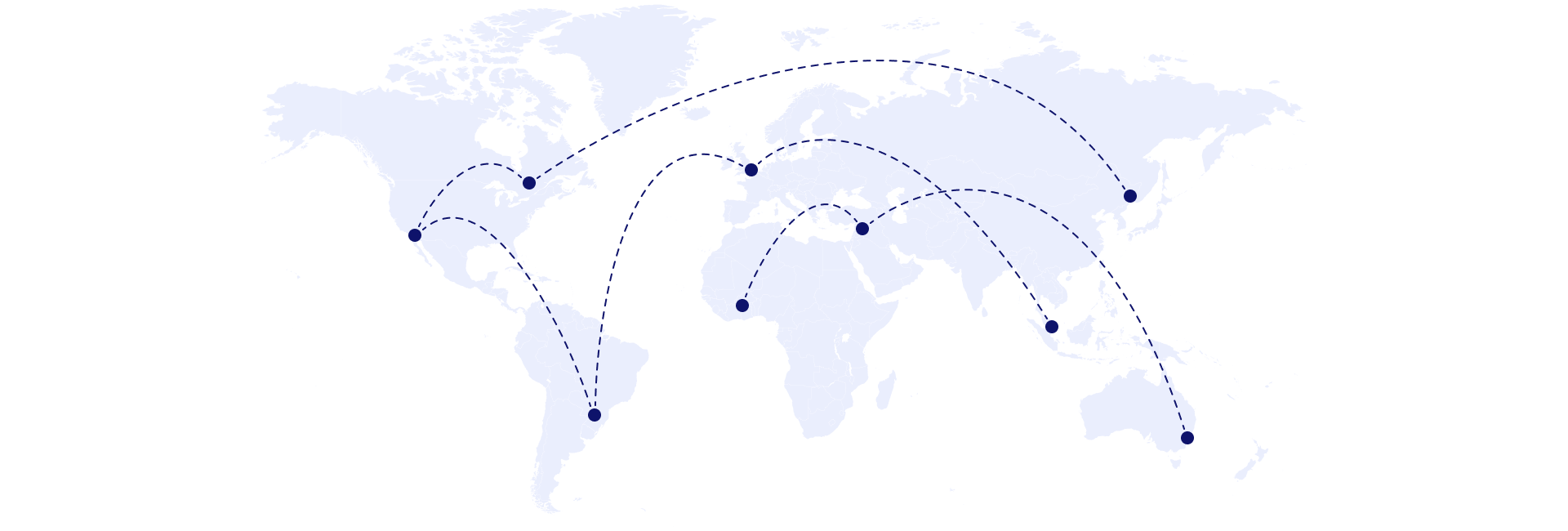
What our customers say about our services
